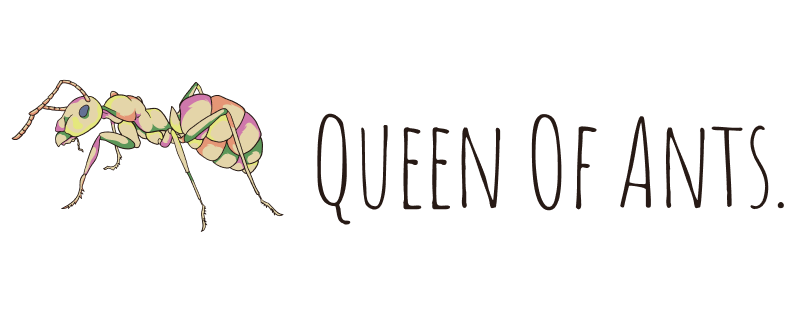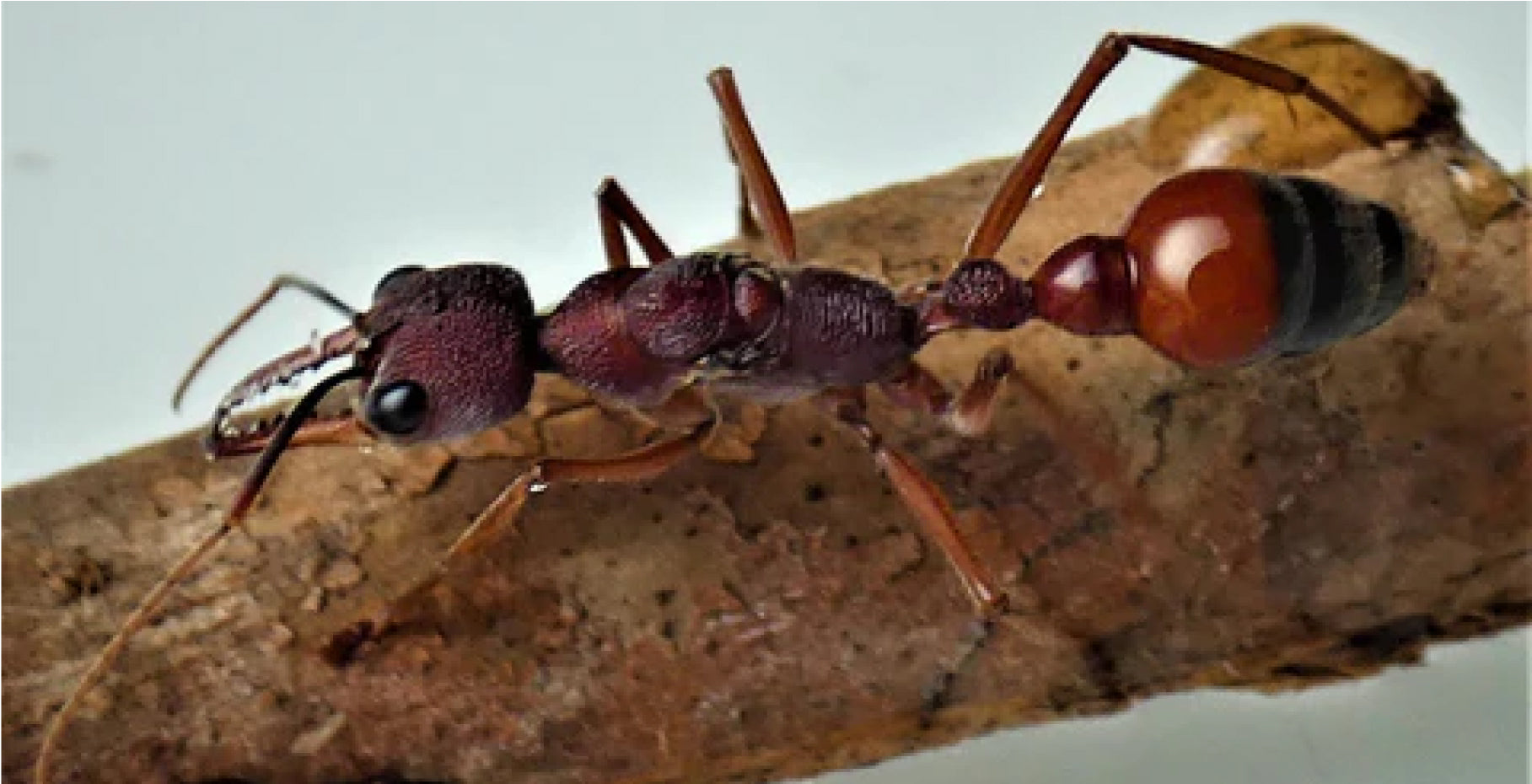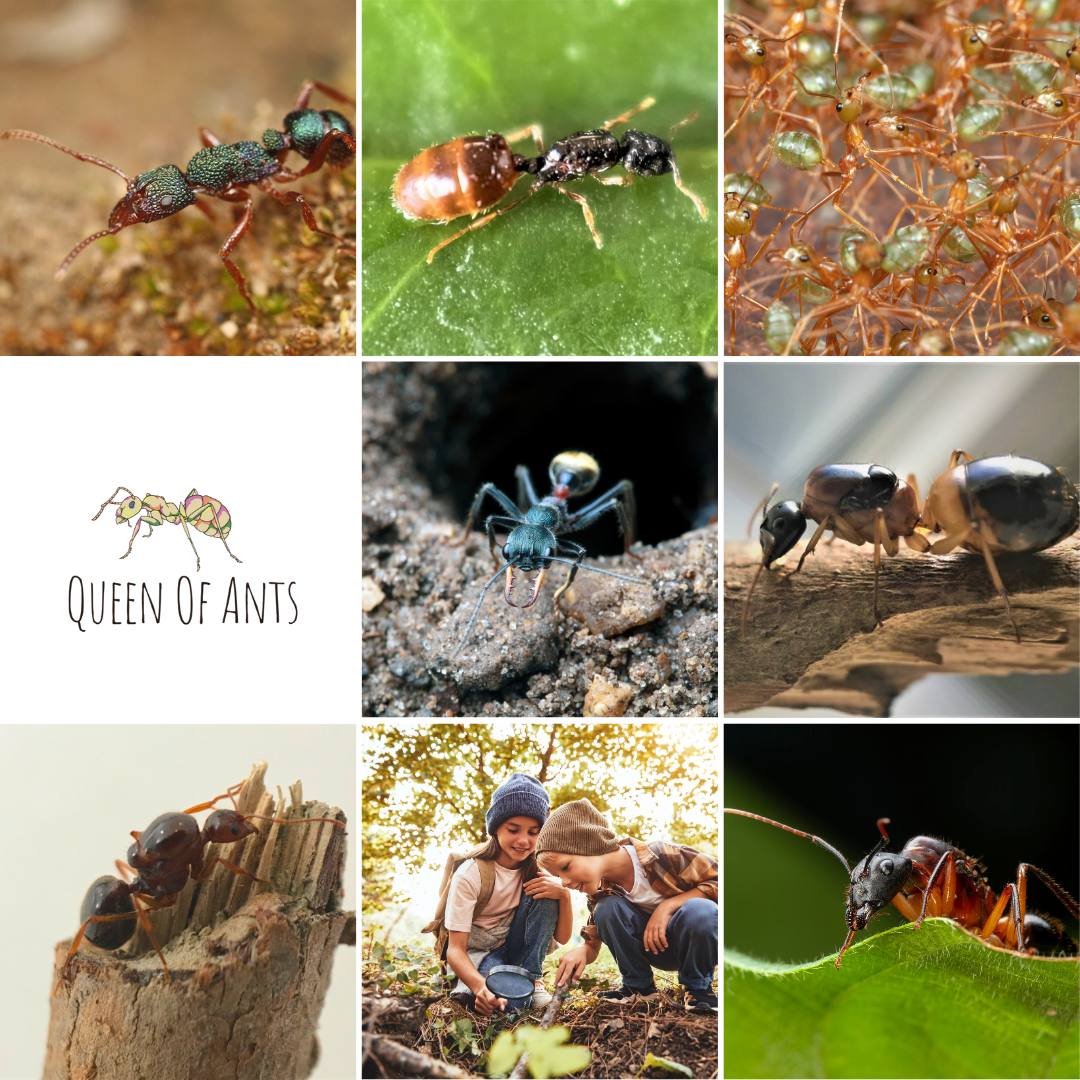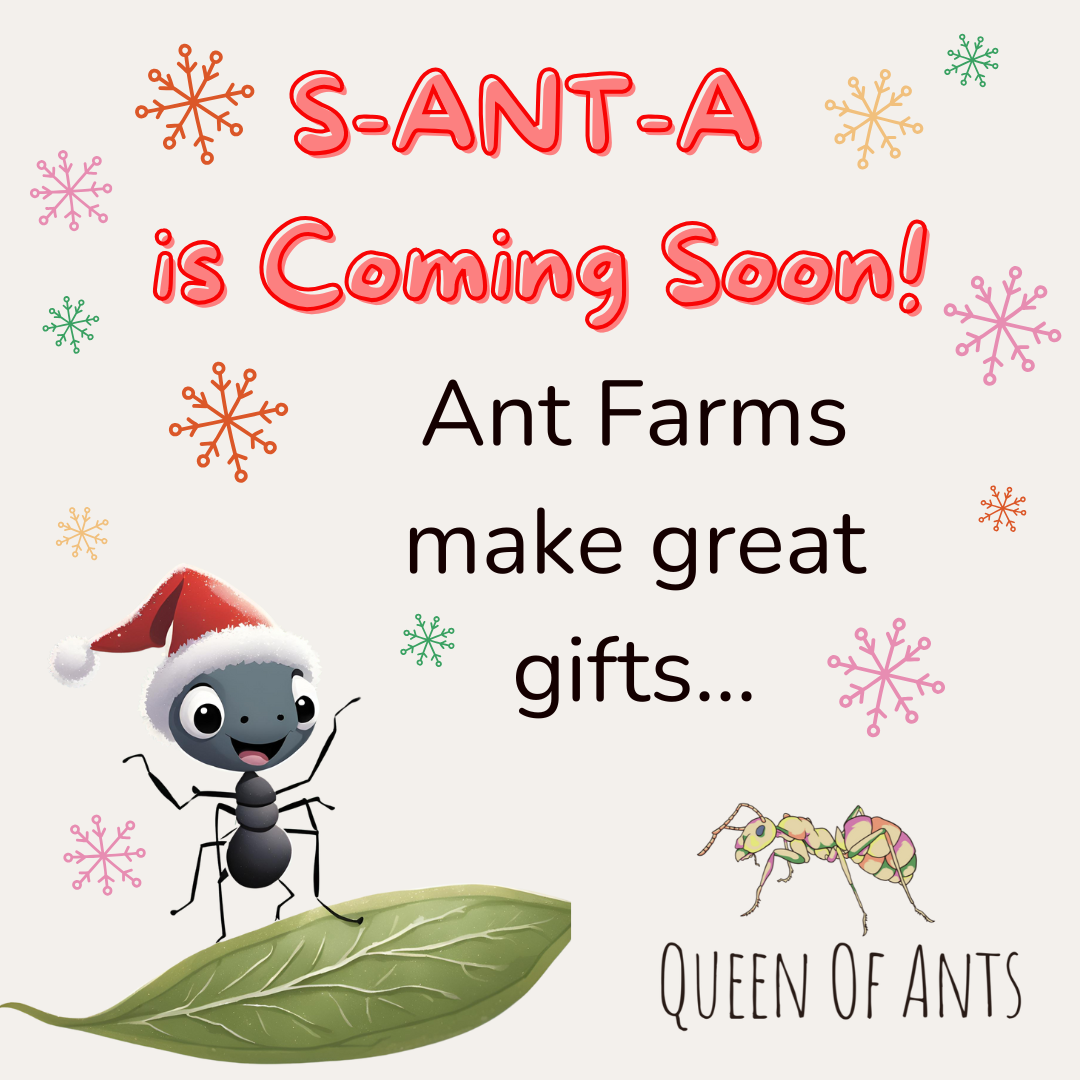4 Biggest Mistakes in Ant-Keeping and How to Avoid Them

Starting your own ant colony is exciting, but it’s easy to make a few common mistakes that can affect your colony’s health and growth. Here are the four biggest mistakes in ant-keeping—and how to avoid them for a thriving colony!

1. Giving Your Colony Too Much Space Too Soon
One common mistake is moving your ants into a large habitat too early. Ants thrive in confined spaces, especially during the founding stage. If they have too much room, they can become stressed, struggle to maintain their nest, and the queen might feel unsafe. Start with a small setup, like a test tube or small nest, and only move them to a larger setup once the colony has grown to completely fill the space.
Tip: Wait until your colony has packed full their test tube before considering an upgrade to a bigger nest or outworld. Ants don't mind standing on top of each other!
2. Disturbing Your Queen Too Often
Your queen is the heart of the colony, and her role in laying eggs is essential. However, disturbing her too much can cause stress, slowing down her egg-laying or even causing her to eat her own brood. It’s crucial to leave her undisturbed, especially during the early stages of colony founding.
Tip: Cover her setup with a dark cloth and limit your checks to once a week during feeding, until your colony is larger and more robust.
3. Not Keeping the Colony Warm Enough
Ants, especially those from warmer climates, thrive in temperatures between 20-24°C. If the temperature is too low, the queen may stop laying eggs, and colony activity will drop. Keeping the colony at a steady, warm temperature is key to maintaining their health.
Tip: Use a small reptile heating cable or mat to ensure a consistent temperature, and avoid placing the nest in cool or draughty areas. Don't sit their tube or nest directly on the heat mat though to avoid over heating.
4. Inadequate Feeding
Proper nutrition is crucial for a healthy colony. While Ant Juice provides energy, ants also need protein to feed the brood and help the colony grow. In the wild, ants hunt insects for protein, so be sure to provide a balanced diet.
Some queens don't necessarily need feeding in their initial stages before their first workers are born, however, feeding them every 1-2 weeks anyway can help give them a boost and speed up development.
Tip: Feed them Ant Juice for energy, and add protein sources like feeder insects or protein Ant Mousse every few days.
By avoiding these common mistakes, you’ll set your colony up for success.
Give them the right amount of space, keep the environment warm, feed them properly, and give your queen the peace she needs to thrive.
Happy ant-keeping! 🐜




